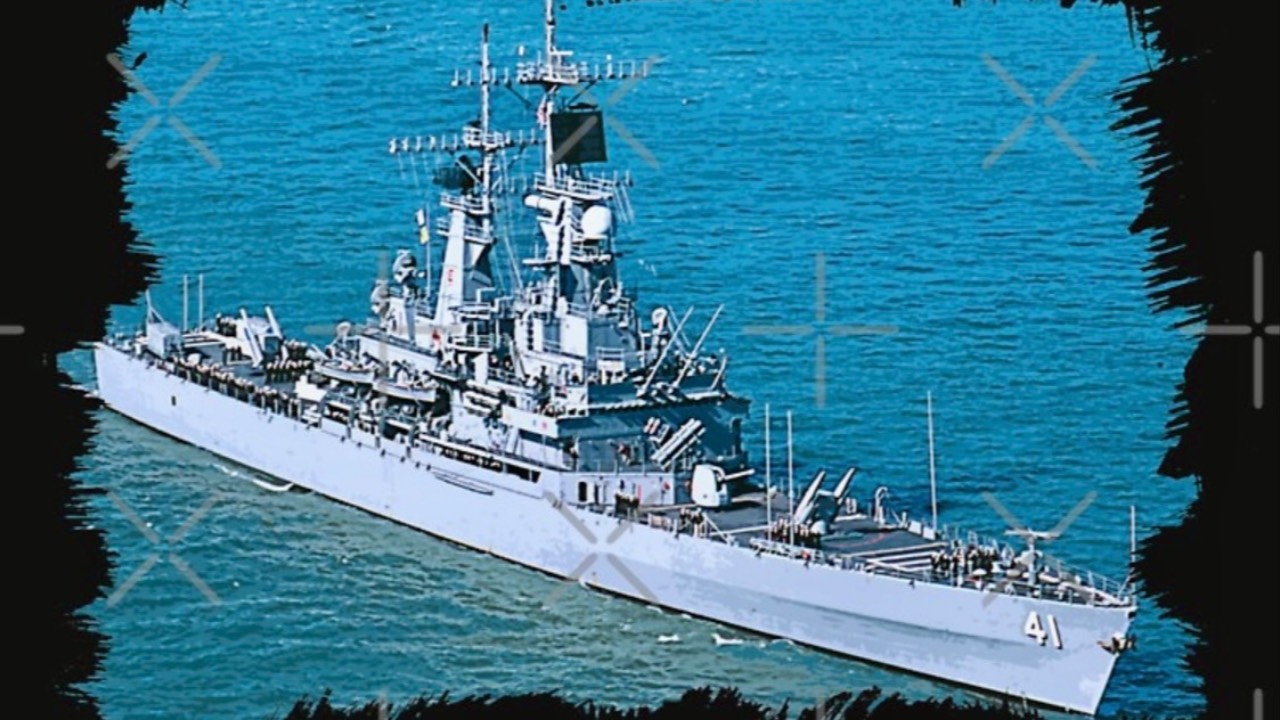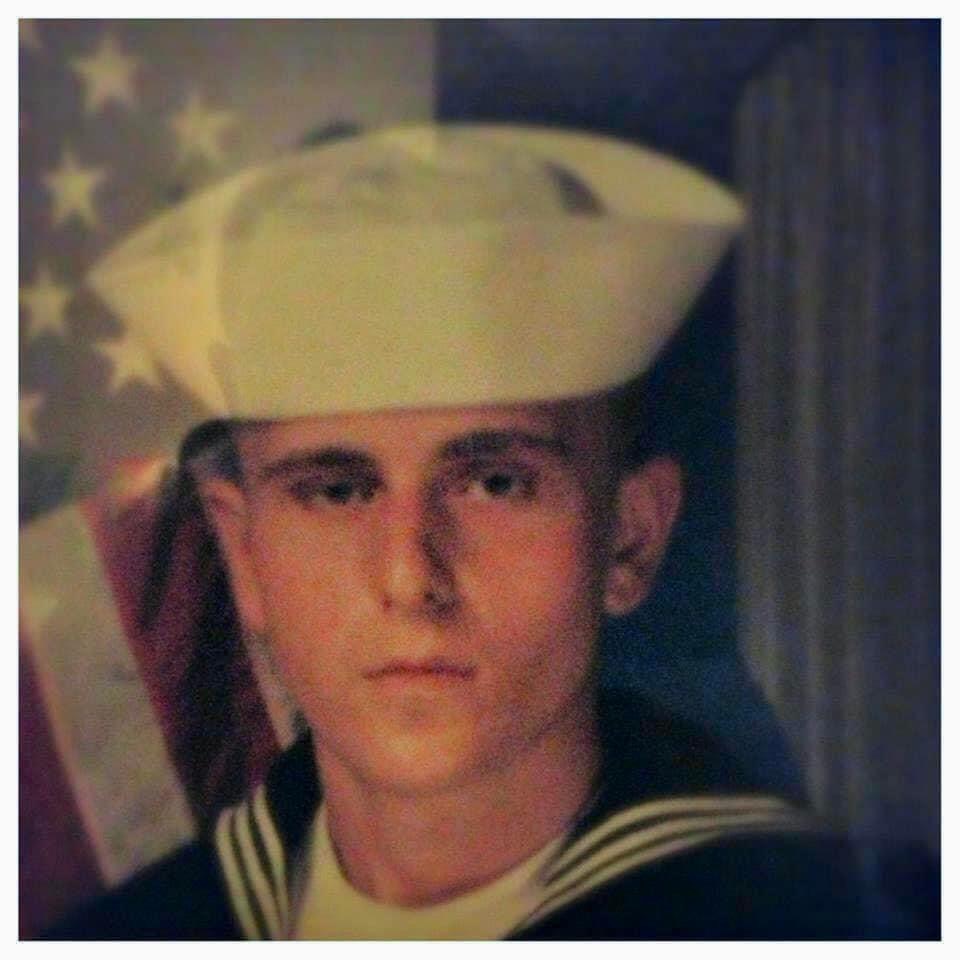The Missions: Now & Then, My Reflection
Jun 22, 2025
It’s Matt Slonaker here, and this weekend’s “Midnight Hammer” operation hit me like a wave, pulling me right back to my days as a Crypto Communications Operator aboard the USS Arkansas (CGN-41). Back in 1990, we were slicing through the Pacific off Central America, running counter-drug ops, and one mission—the interdiction of the MV Nordkapp near Clipperton Island—still burns bright in my memory. Hearing about “Midnight Hammer” stirred up those old feelings, reminding me of the stakes, the teamwork, and the lessons that shaped me during Panama, Desert Storm, and those intense drug ops.

Let’s set the scene: 1990, the Arkansas is out there, a steel beast in the vast Pacific. I’m in the crypto shack, hunched over the comms gear, decoding and relaying messages like my life depends on it. The word comes down—MV Nordkapp, a freighter, is carrying 14 tons of cocaine. That’s not a small bust; that’s a game-changer. We move in to intercept, and things go from zero to chaos in a heartbeat. The Nordkapp’s crew knows they’re done for, so they set their ship on fire, trying to scuttle it and burn the evidence. You could feel the electricity on the Arkansas—every sailor, from the bridge to the bilge, locked in, ready to make this count.
My role? Keep the comms tight. One garbled message, one missed relay, and the whole op could unravel. I’m sweating bullets, double-checking every cipher, making sure the captain and the task force are on the same page. We watch that ship go up in flames, a desperate move by a cornered crew. But they didn’t get away. We detained them, hauled them to San Diego, and handed them over to the Coast Guard. Every one of them was tried and convicted in federal court. That was a win, not just for us, but for the communities that would’ve been torn apart by that poison.
The lessons from that day stuck with me. First, preparation is non-negotiable. You train until your hands move faster than your brain, because in the heat of it, there’s no time to think—just act. Second, your crew is your lifeline. The Arkansas wasn’t just a ship; it was a family, every sailor pulling their weight to make the impossible happen. And third, the mission’s bigger than you. Fourteen tons of cocaine isn’t just a number—it’s lives, families, futures we were fighting for.
Now, this weekend’s “Midnight Hammer” brought it all rushing back. I don’t know all the details—ops like that tend to stay classified for a while—but the name alone, the vibe of it, screams high-stakes, coordinated action. It’s got that same pulse as our Nordkapp bust: the planning, the precision, the teamwork. Hearing about it made me think of the sailors out there today, maybe in a comms room like mine, eyes on screens, hearts pounding, knowing they’re part of something huge. It’s a reminder that the fight—whether it’s drugs, threats, or chaos—never really stops. The tech’s changed, the ships are different, but the core of it? That’s the same. Duty. Trust. Getting it done.
Reflecting on “Midnight Hammer” and my time on the Arkansas, I’m struck by how these ops connect across the years. Back then, we were out there to stop a flood of drugs from hitting the streets. Today, whoever’s running “Midnight Hammer” is carrying that same torch—different mission, same spirit. It makes me proud, but it also humbles me. You realize how much every small role matters. My crypto work wasn’t flashy, but it was the glue that kept the op together. And somewhere out there this weekend, some sailor’s doing the same, making sure the mission holds.
Those days on the Arkansas—Panama, Desert Storm, the Nordkapp bust—they taught me what it means to serve. “Midnight Hammer” reminds me that the work goes on, and I’m grateful for every sailor still out there, holding the line.
